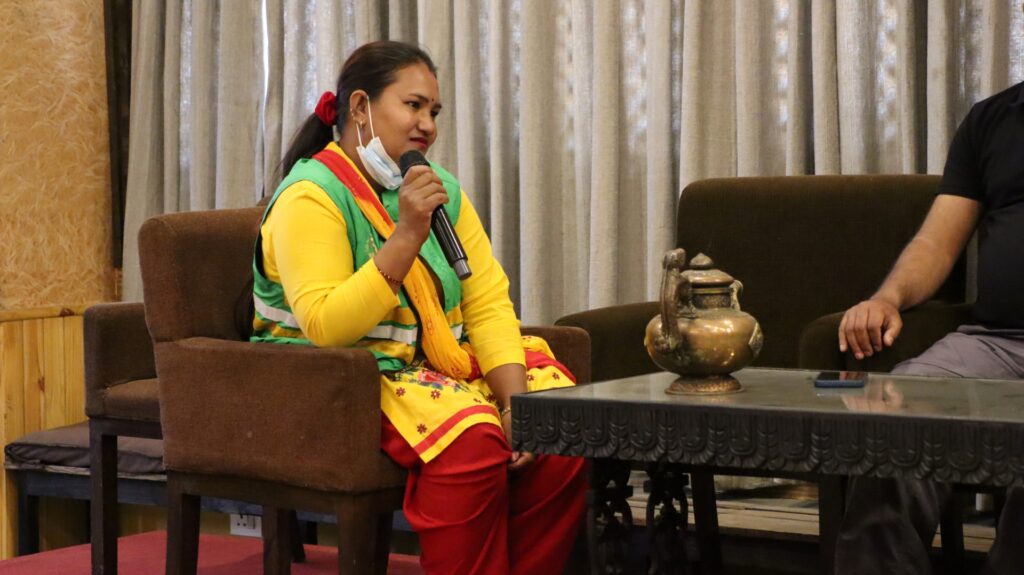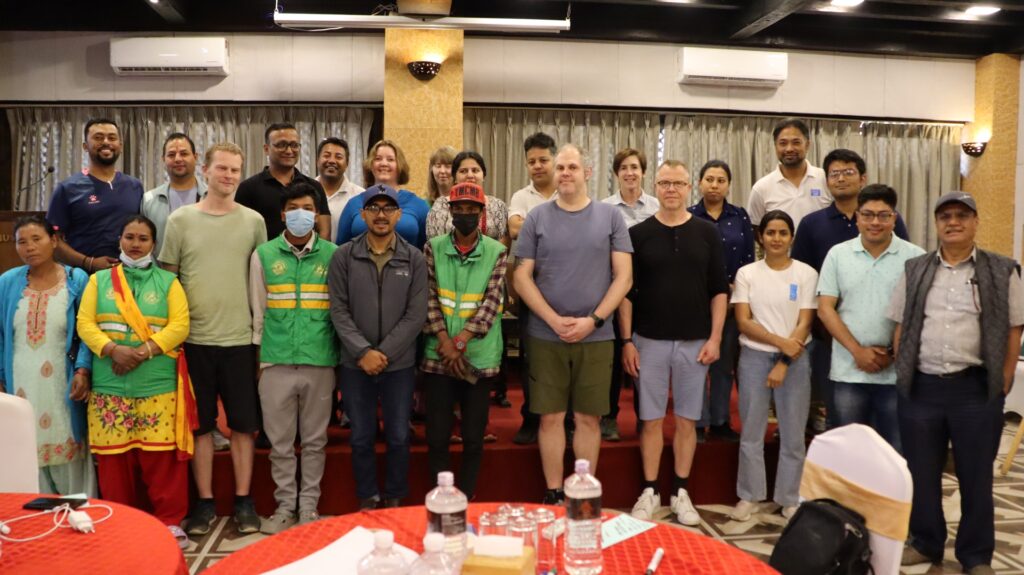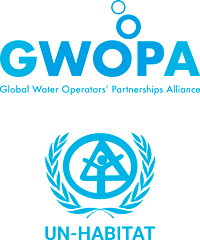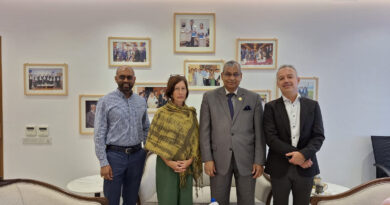Unsung Heroes: The Daily Challenges Faced by Sanitation Workers and Waste Collectors in Nepal
“I am afraid that I would pass infection or disease to my children. Our living standard is very bad, and because they think we do a dirty job, no one wants to rent a house to us.” Saraswati Kumal, waste collector at the seminar organized by the EU-WOP Programme partners
Imagine this: our streets would overflow with trash, our water supply would become contaminated, and devastating diseases would spread. More so, in rapidly urbanizing areas like Nepal, these workers play an indispensable role in maintaining public hygiene and cleanliness. With waste generation expected to increase in the coming years, Nepal faces critical challenges in handling this waste with its current systems. A recent Waste Management Baseline Survey of Nepal underlines the very limited human resources in the municipalities, which is exacerbating the problem. Despite their essential contributions, every day, sanitation workers in Nepal have experienced not only unsafe conditions but also discrimination from society. Like in many countries, the waste management sector in Nepal is often seen as having taboos that lead to stigmatization of its employees.
To address these issues, the Godawari Prabalya WASH team, together with its EU-WOP project partners – WaterAid Nepal, Vatten- och Avfallskompetens i Norr AB (VAKIN) and GWOPA/UN-Habitat, organized a seminar on 18 April 2024 as part of the project’s face to face exchange, aiming to spark a discussion on the current situation faced by sanitation workers and draft this action plan which was part of the EU-WOP project activities to improve working conditions and eliminate stigmas. Several sanitation workers and waste collectors were invited to tell their stories.

Takeaways from the seminar focused on the challenges faced by sanitation workers and waste collectors
- Fragmented sanitation value chain
Often, impoverished and vulnerable communities are involved in sanitation and solid waste management through informal businesses not properly licensed by the government. Policy changes and regulatory efforts to formalize the sector continue, with advocates highlighting the reuse potential to convert faecal sludge into fertilizer or biogas. With gaps in service delivery, the sanitation value chain remains broken, and there is a need to accelerate safely managed sanitation access and protect public health.
During the seminar, Pradeep Dunnggana shared his 30-year journey of experience in septic tank cleaning. He grew up next to the river with a higher ground water table. Due to the high-water tank here, there was no provision to empty the tank. They usually had to wait three months for the local authority, and it was a tiring process. They decided to build a latrine next door. Informal services were often assigned to people of lower caste who had no other means of living. Pradeep’s family saw potential in the provision of sanitation services as a means of a viable business. His grandfather saw wealth in waste (faecal sludge). However, there is still a long way to go to formalize the services, and Pradeep is strongly advocating for the government to ensure laws are in place to formalize their work. However, improving conditions and regulating the services remain part of the legalizing process.
- Nowhere is safe for waste collectors
Solid waste workers from both public and private companies in Kathmandu are still at risk of poor health because of a lack of proper and available equipment. In their everyday lives, they interact with waste without proper protection—not even gloves to segregate waste. At the facilities, there are no bathrooms or changing rooms for the employees to use during their rest period, and proper facilities for cleaning their hands after work are not provided. The insufficient facilities, which are necessary, could cause poor hygiene and affect health conditions. Saraswati Kumal spoke about her biggest concern of passing infection or disease to her children due to the lack of proper equipment and sanitary facilities. She emphasized the need to supply proper gloves and masks because she did not want to be a reason for her children’s sickness.

While on the job, sanitation workers are also at risk of injury when handling large, heavy, bulky, awkward, or difficult-to-handle objects. In hot weather, some workers may choose not to wear safety equipment because the uniforms are cheaply made, which causes them to feel uncomfortable. It is not just their physical injuries from work; they are sometimes attacked by residents throwing things from the balcony at them because they are disrespected and are perceived to be at the lowest level in society.
- They are suffering from social rejection and discrimination
Seen as dirty jobs, waste collectors face social discrimination despite their crucial role in keeping communities clean. Landlords and neighbours often do not want these waste collectors to live near them, forcing the workers to live in self-built huts with limited options. There is also a negative perception within the community that the workers may damage bins and other items around houses. Consequently, the workers are held responsible and have to pay for damaged bins, even if there is no evidence that they caused them.
- EU-WOP partners address safe environment and improved livelihood for sanitation workers
Solid waste is one of the essential pillars of the EU-WOP Programme, funded by the European Union. The WOP team, the Godawari Prabalya WASH team, WaterAid Nepal, VAKIN and GWOPA/UN-Habitat, observed potential areas for improvement, particularly in waste segregation and the working environment standards. Following their observations, the WOP team recommended developing action plans integrated with a human-right-based approach for the municipality. This plan would cover measures to prevent on-the-job risks, such as providing personal protective equipment, strategies to enhance the workers’ livelihood, and initiatives to raise awareness campaigns for eliminating discrimination against sanitation and waste workers in communities. It also required upgrading sanitation facilities to create a better environment and elevate hygiene standards.
A collaborative effort between VAKIN, WaterAid Nepal, and the Godawari municipality team is making a significant impact on the sanitation value chain. This partnership empowers municipalities and local sanitation actors to develop sustainable sanitation services through peer-support programs between water and sanitation providers. Their WOP is crucial in improving both the social acceptance and working conditions of the dedicated individuals – heroes – who keep our clean, healthy, and resilient cities.

Read the details of the seminar in the Nepali news coverage



